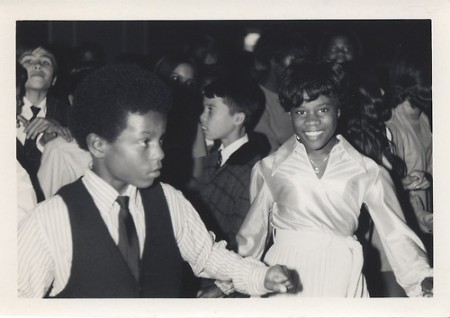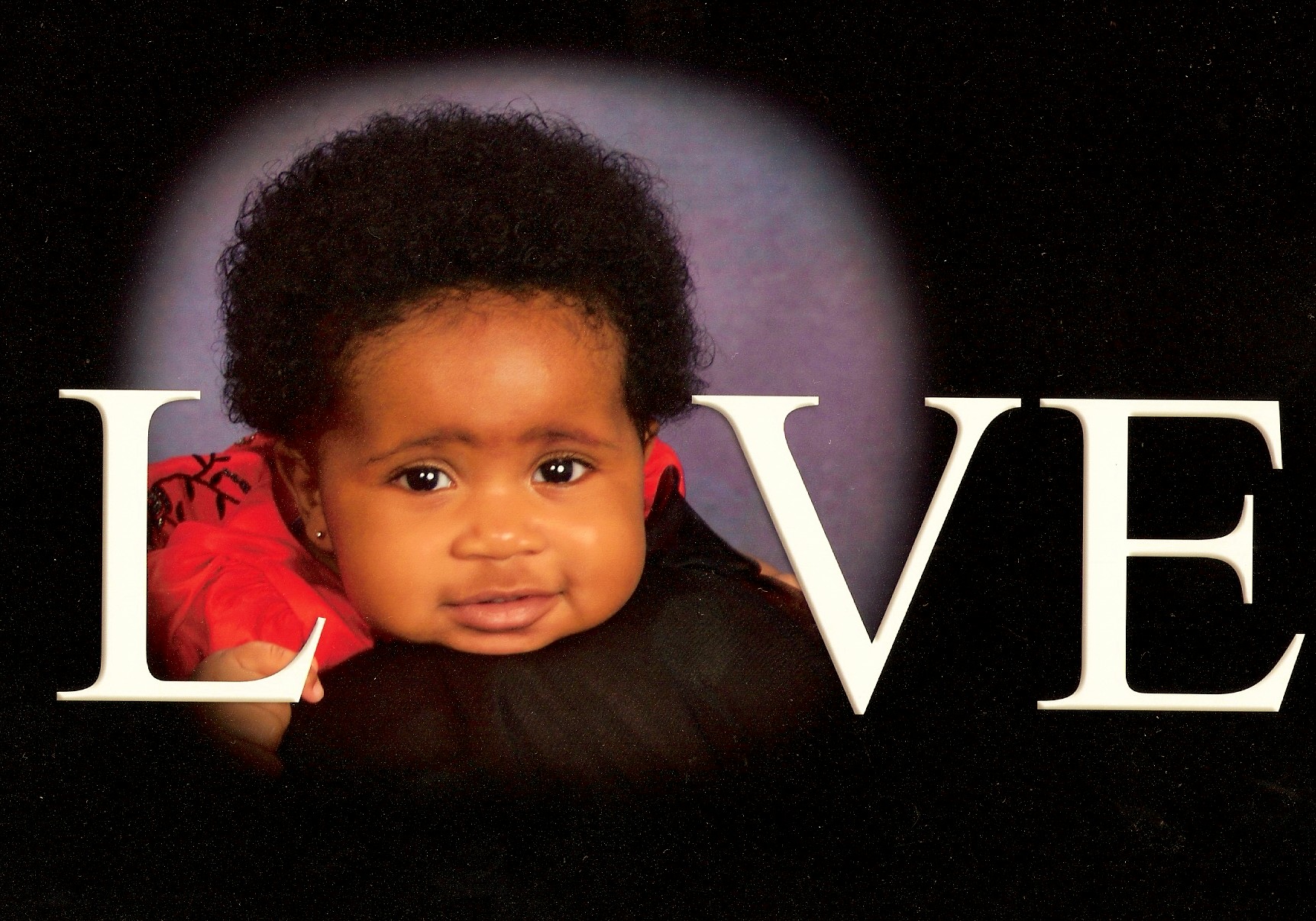According to historians, citizens of ancient Rome watched helplessly for
six days and seven nights as their city burned to the ground. The legend
dictating that their emperor, Nero, attended to menial tasks as his
kingdom crumbled remains uncertain, but what’s not in dispute is that a
once-mighty empire famously fell to ruin because a catastrophe wasn’t
immediately resolved.
There may not be literal blazes surrounding Dallas’ youth, but a
burgeoning health crisis—escalating AIDS and HIV cases among preteens
and teenagers—threatens them all. That’s why the Dallas County Health
and Human Services department recently recommended switching the school district’s sex education approach from abstinence-only to one that emphasizes condom usage and education about sexually-transmitted diseases.
The latest statistics state that 13-to-18-year-olds represented 82 percent of new HIV cases between 2006 and 2012, and 74 percent of those diagnoses occurred in African-Americans.
After reviewing those numbers, health department director Zach Thompson advocated for the new curriculum to be implemented for the 2013-2014 school year, and he sees the changes as essential ones.
“You have to have to understand that the 13-18 age group population has
been inundated, due to TV and social media, with information centered
around very explicit sexual activities,” Thompson said recently by phone.
 “We’re not in the 1950s anymore,” he adds. “We’re in the 21st century where the subliminal messages about sex are in the songs that they listen to and on the shows they watch. Kids are having it and are not prepared to protect themselves because we failed, as a society, to educate them.”
“We’re not in the 1950s anymore,” he adds. “We’re in the 21st century where the subliminal messages about sex are in the songs that they listen to and on the shows they watch. Kids are having it and are not prepared to protect themselves because we failed, as a society, to educate them.”
Another obstacle leading to higher infection rates, according to the
data, is outright reluctance to discuss sex and contraceptives altogether,
particularly within the African-American community. “Everyone is thinking
‘Not my child,’ but when you look at the numbers, abstinence is not
happening. We’re not with our kids when they’re at different events
and the peer pressures come up, and that’s when they
have to make the decision.
If you ask most kids in that 13-18 age group, they’re probably gonna tell
you that they got more information from their peers, cable TV and social
media. That’s what’s the concern, more of this information needs to
disseminated at home. But since it’s not, we need an additional support
system, which is the school, providing information from a curriculum-
driven perspective, about contraceptive and condom use.”
The escalating rates of AIDS and HIV can also be attributed, according to
Thompson, to today’s generation being unaware of the epidemic when it
peaked in the 1980s.
“A lot of the kids, when you look at it, weren’t around when AIDS first
came on the scene, so they didn’t see the devastation.” He says. “They
didn’t experience seeing a new disease on the scene that no one knew how
to deal with, and they also think they’re invincible. Some even see it as
an ‘older person’s disease’ and because we no longer see large-scale
discussions about AIDS anymore, they think that it’s not as prevalent or
that pregnancy is the only thing they have to worry about. They have to
be reminded and educated, and that’s where the schools come in.”
What the Director ultimately believes is that using this updated and more
proactive approach will demonstrate that their goals are to empower the
parents, not to overrule their values about sexual conduct and condom
use.
“If the conservative concepts and abstinence models were really
working—and I’m not against them, I’m for them—we [the county]
wouldn’t have the data that we have, so it’s that data which is driving
the conversation, not someone wanting to dictate to them. We need
teachable documents in place to help those scared of having the
conversation. Adults are telling kids ‘Don’t have sex,’ but we’re living
in a sexually-driven society. Let’s talk about the consequences,there
has to be a balance between the two extremes.”
If you’re struggling with discussing sex with your teen, click here for tips and guidance.






